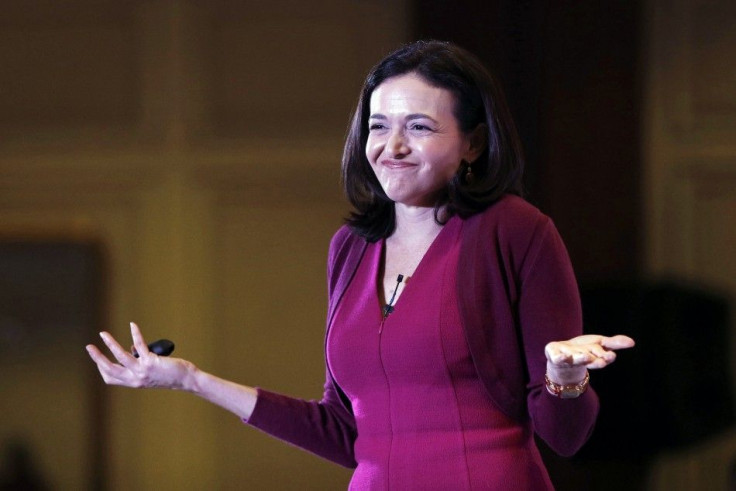Facebook COO Apologizes Over The Secret Emotion Manipulation Experiment

Facebook clearly is in a damage control mode right now, with its COO Sheryl Sandberg coming forward to tender a public apology over the way their psychological experiment was conducted, reports TNW. The COO claimed the secret emotion manipulation experiment which spanned around a week in 2012 was 'poorly communicated'.
According to The New York Times, Facebook's secret experiment hasn't gone down too well with the European privacy regulators. While the social networking site is claiming that it was well within its rights to conduct such a study, regulators in Europe have said such acts violate terms of service with consumers.
The Office of the Data Protection Commissioner in Ireland has sought answers on a few queries as they investigate whether Facebook has violated the privacy of individuals. Among the questions being asked is whether Facebook has got explicit permission from the 689,003 members who were subjected to the experiment. Britain's Information Commissioner's Office too is investigating whether the social site has breached individual privacy.
However, both the data protection agencies have confirmed they are in the initial stages with the matter right now and it's too early to state if an official investigation will be required. About 80 per cent of Facebook's 1.2 billion members live outside North America.
Controversy started after reports of Facebook's secret experiment led by Data scientist Adam Kramer came to light. This involved altering the News Feed algorithm so that the target group comprising about 700,000 members got to see either negative of positive news feeds. Their subsequent reaction and activities on the site were then studied to determine how much of an effect such kinds of news feed can have on them.
However, Facebook has made it clear that they have not tampered with the posts in any manner. All they did was to alter which posts came out on top or otherwise. Further, individuals were subjected to posts from their own network.
The results of the experiment can be considered to be along expected lines. Those who received positive posts were less negative in their Facebook activities and vice versa.
Facebook COO has also pledged all support to all regulatory probes all over the world and has exuded confidence in tiding over the crisis in due time.





















